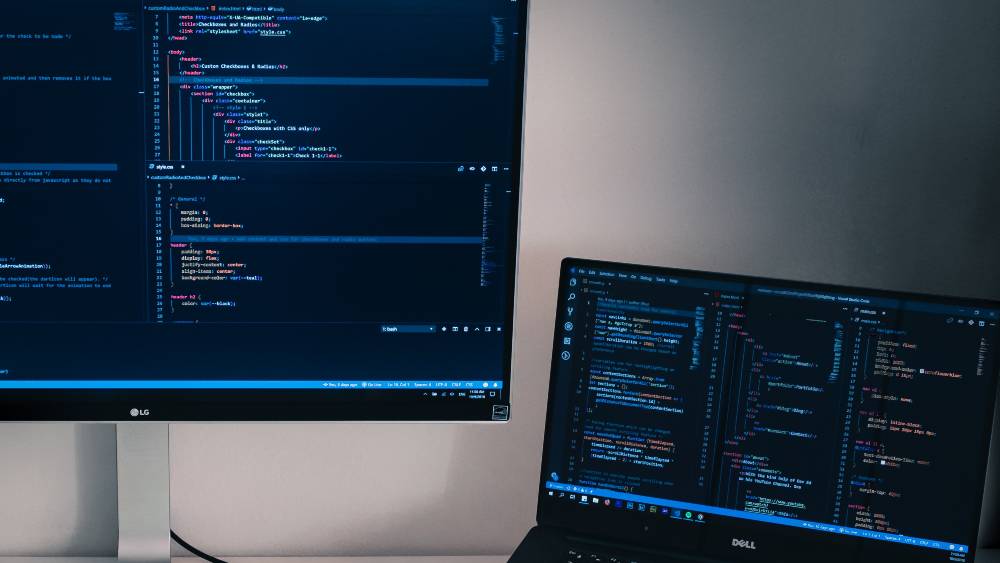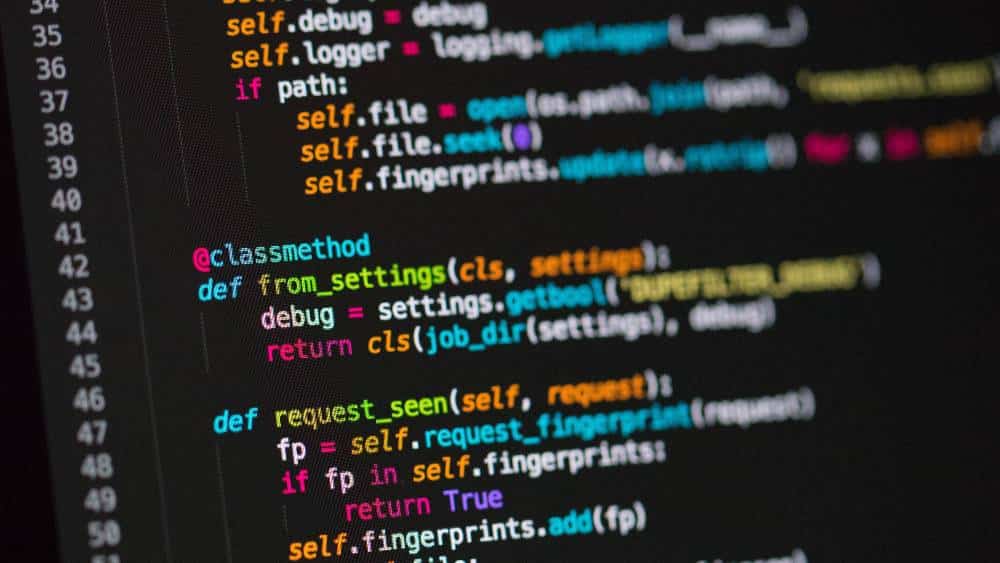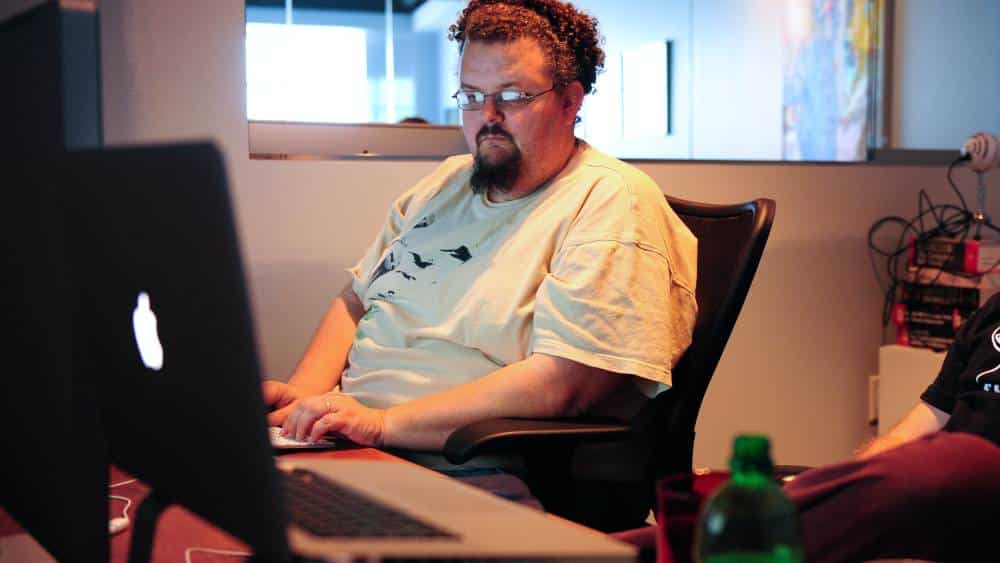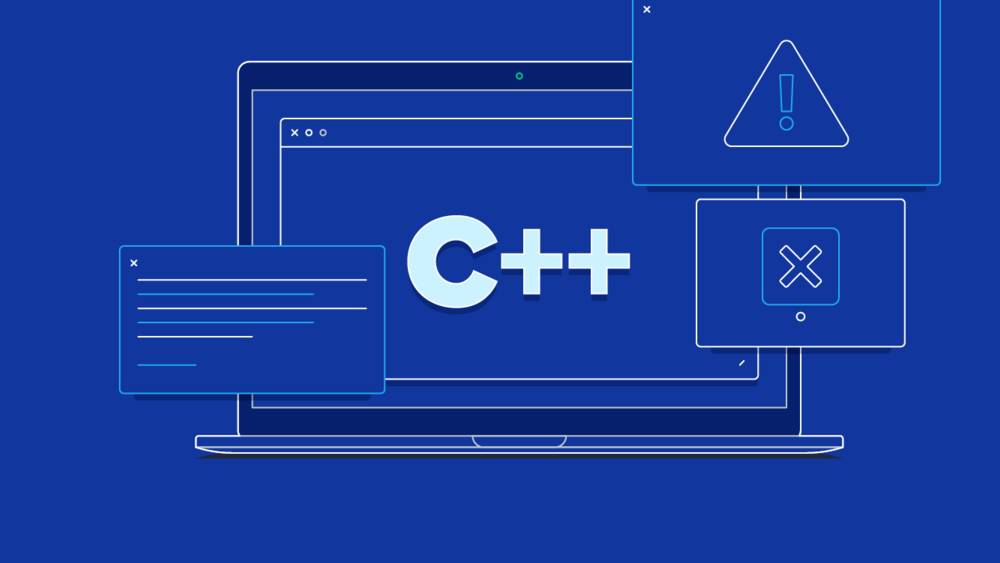Hello Readers! Welcome to an insightful and informative article on How to Learn C++!
this article will help you learn one of the classics yet functional programming languages, C++.
This beginner’s guide aims to help programming enthusiasts who are starting to learn C++ and want to explore the best ways to begin their journey.
By the end of this article, you will know about C++ basics, what it is, its uses, and what resources you can use to learn it.
Here is an overview of what we will cover in this knowledge-rich C++ guide:
- Introduction to C++
- Uses & Benefits of Learning C++
- Top 8 Resources to Learn C++
- Pros and Cons of Different Learning Resources
- Future Outlook of C++
Let us start with it!
An Introduction To C++ Programming Language

C++ is a superset of C language, one of the oldest programming languages that exist to date.
Specifically, C++ is an Object-Oriented Programming (OOP) language used to create applications and software.
While most programming languages such as Java and C are designated to serve a specific purpose, C++ is a general-purpose programming language that goes by the cool name of “Swiss Pocket Knife of Languages.”

It is also known as “C with classes” among Tech-Savvy Developers because it is highly compatible with the good old-school C language and compiles 99% of its programs without requiring a different or new source code.
Bjarne Stroustrup invented C++ in 1979, and since then, it has undergone multiple upgrades.

The newest versions, C++14 and C++17, named after the years they were updated, 2014 and 2017, include diverse and advanced features such as new loop syntax, auto keywords, Regex support, container classes, upgraded libraries, and much more.
Although JavaScript, Java, PHP, and Python remain at the top of the chart, C++ is a lower-level computer language.
However, it is still an essential language for Developers to learn, especially beginners.
Uses of C++ Language

Web Constructors use C++ to create real-world applications, such as:
- Operating Systems
- Software Development
- Game Development
- GUI Applications
- Web Browsers
- Libraries
- Switches
- Banking Applications
- Embedded Interfaces and Systems Compilers
- Database Management Software
- Cloud-Based Systems
- Advanced Graphics and Computation
Software and Tools to Use C++

To develop these applications, you need to have certain tools and software to use the C++ programs, such as:
- Text Editors (Microsoft Editors such as Notepad and Sublime Text)
- Integrated Development Environment or IDE (code, visual studio code, eclipse)
- Compiler
- Linker
- Libraries
Benefits of C++ Language

Every skill serves a purpose, and you need to know its benefits in the practical world before you convince yourself to learn and invest your valuable time in it.

C++ offers a wide array of benefits, including:
Platform Independence and Portability
You can easily use C++ to operate the same program on multiple interfaces or operating systems.
For example, if you are coding a program on Windows OS, but the system breaks down, and you switch to LINUX OS, you can run the C++ built program without errors.
It offers convenience and ease to C++ Programmers.
Object-Oriented Features
C++ offers all OOP features, such as classes, data abstraction, inheritance, encapsulation, and polymorphism.
These features help create C++ code with high-end reusability and reliability.
High Compatibility with C++
All C programs, given that they are error-free are completely compatible with C++ data structures.
Multi-Paradigm
C++ has three traditional paradigms – Imperative, generic, and object-oriented.
In addition, it offers a diversified style of coding or writing a program.
Increased Scalability
From small-scale data structures to a large-scale development environment, C++ is extremely resourced intensive.
Low Manipulation
The C++ programming language enables low-level manipulation of object-oriented data.
The C++ Developer can leverage this feature to create embedded C++ compilers and systems.
Controllable Memory Management
C++ algorithms provide complete control to the Programmer over managing the system’s memory or interface.
Extensive Community Support
The best part is that an extensive community supports the C++ standard language.
In addition, they provide paid and even free online C++ courses, C++ tutorials, and learning resources such as GitHub.
These courses include all the fundamentals and advanced C++ knowledge.
So to help you set foot in the coding world and become a pro, we have some useful resources for learning C++ from scratch.
Top 8 Resources to Learn C++

Different people have different mindsets.
While some do not want to invest a penny before they explore and test the skill in the real world, others are determined to buy a good course and then get into the field.
Whichever the case, we have enlisted the best unpaid and paid C++ courses you can take online.
Free Resources
C++ Programming Using Advanced Features [Alison’s]
This free online C++ programming language course will teach you everything from the C++ basics to the advanced features.
You will learn about Inheritance, Polymorphism, RAII or Resource Acquisition, Is Initialization, and other strong data types.
Furthermore, this comprehensive course will also help you learn about the Standard Template Library of STL features and creating templates.
This is an excellent course to begin your C++ learning if you have a basic understanding of programming concepts.
Coding for Everyone: C and C++ Specialization [Coursera]
This course is intended for all beginners and programming enthusiasts keen to expand their knowledge of C and C++ programming languages.
It will cover the fundamentals of C programming and then move on to advanced C++ syntax and semantics that will prepare the candidate for high-level development by leveraging Monte Carlo evaluation and AI algorithms.
By the end of this C and C++ specialization course, you will test your skills in a hands-on project and get a certificate of completion.
Writing Secure Code in C++ Specialization [Coursera- Hello World]
Writing Secure Code in C++ is a free online course that will help you explore the various aspects of C and C++ programming languages.
You will learn the basics of IDE, header files, creating namespaces and iostream, and more.
As a part of the lab content where the candidates can test their skills, it will include Secure Coding C++, C++ Buffer Overflow, C++ Poor Error Handling, Integer Overflows, and Underflows, C++ Format String Vulnerabilities, Introduction to cppcheck, and more.
To explore the applied lab and hands-on learning, the user will have to switch to the paid plan of the C++ specialization course from the free version.
Introduction to Data Structures [NYU- edX]
This course will enable you to learn the classes and data structures in software projects using C++, object-oriented programming (OOP) language.
You will learn advanced techniques, creating a template, key C++ data types (example, int main) and elements, return values, searching and sorting C++ algorithms, and arrays.
Procedural methodologies and programming, and most importantly, to create state-of-the-art programs for recursion to solve problems.
C++ Tutorial for Complete Beginners [Udemy]
This is one of the best yet free learning resources for beginners.
C++ Tutorial for Complete Beginners by Udemy will help you understand C++ programs with all the relevant online video content.
However, there is no certificate of completion at the end.
Paid Resources
Initially, you may fail to convince yourself to invest in skills as a beginner.
However, remember that a small investment today can become a lucrative career tomorrow.
The paid resources to learn C++ programming are not too heavy on the pocket, especially if you know the right places to look into.
Most of them offer a free trial, and if you do not like the course or fail to understand it, you can always cancel the subscription without spending any money.
They also offer a 30-day money return guarantee, so what is the harm in trying them when you have nothing to lose?
Introduction to C++ [Coursera]
It offers a basic understanding and learning of the C++ language, allowing the user to create secure code programs.
This course covers syntax, data structures, data types, code writing methodologies (including cout), and other technical things.
Introduction to C++ course has downloadable online videos, certificates on completion, direct access to an instructor, assignments with feedback, hands-on project, lab access, and more.
You can enroll in this course for free initially, and if it is at par with your learning ability, you can move on to the subscription options.
C++ programming Step-By-Step: From Beginner to Advanced [Udemy]
In this course, you will learn about object-oriented programming OOPs concepts alongside other programming structures such as looping and branching.
You will explore pointers, techniques for memory management, and dynamic memory allocation.
Moreover, you will learn about friend functions, polymorphism, dynamic wiring codes, and operator overloading.
The best part is that this comprehensive C++ course offers 40+ coding exercises, 99 downloadable resources, certification, and much more for $14.99.
Beginning C++ Programming – From Beginner to Beyond [Udemy]
Beginning C++ programming offered by Udemy is an in-depth and incredibly educational course that will enable you to become the maestro of C++ programming.
You will learn the core concepts of C++ programming, old and advanced versions, live quizzes, various coding exercises to enhance your skills, assignments with feedback, and much newer things.
Given the extensive knowledge in this course, it is available at a discounted and throw-away price of only $13.99 on Udemy.
Free Resources vs Paid Versions – Which One to Choose?

Course Type | Free Resources | Paid Resources |
Online videos | Yes | Yes |
Downloadable resources | None | yes |
Hands-on project | Sometimes | Always |
Certificate of completion | None | Yes |
Access to the instructor | None | Lifetime |
The Future of C++

This era is witnessing the biggest technological paradigm the world has ever seen.
As a result, learning programming languages are in high demand and will remain so for decades.
C++ shows potential progress in the world of development and coding, and many Programmers cannot function without it, especially in video game development.

Moreover, the average base salary in the U.S for a C++ Developer as of 2022 is approximately $118,352 annually.
So, if you plan to invest in a lucrative skill, now is the time!
Conclusion

We have looked at the ultimate guide on learning one of the classic yet functional programming languages C++.
We looked at the differences between C++ in terms of uses, benefits, and salaries.
We also explored the Software and Tools to Use C++, the real-world applications created with C++ by Web Constructors, and the free or paid online resources for learning C++.
After learning and completing each course and resource to learn C++, you might want to further strengthen your skills by working on an actual project.
It doesn’t have to be a mega project; find a small project and use C++ to get it done.
Becoming a great Programmer requires practice because knowledge is useless without practice.
And all of the dedication to a C++ study process will not be in vain.
FAQs

How to learn C++ for free?
Certain courses are offered by reliable and authentic resources such as Udemy, Coursera, and others that offer free courses to learn C++.
Moreover, if a paid version seems tempting, you can sign up for the free trial and cancel the subscription before the trial ends.
How long does it take to learn C++?
It depends on the course and your learning abilities. For example, some courses offer 3 hours of learning time, while others extend it up to six months or even a year.
What is the difference between C and C++ language?
C++ is a newer version and a superset of C language. C is a procedural programming language with a specific purpose, whereas C++ is an object-oriented language serving a general purpose.
What can you use C++ for?
Web Constructors use C++ to create real-world applications, such as:
– Operating Systems
– Software Development
– Game Development
– GUI Applications
– Web Browsers
– Libraries
– Switches and more









